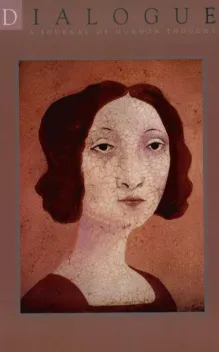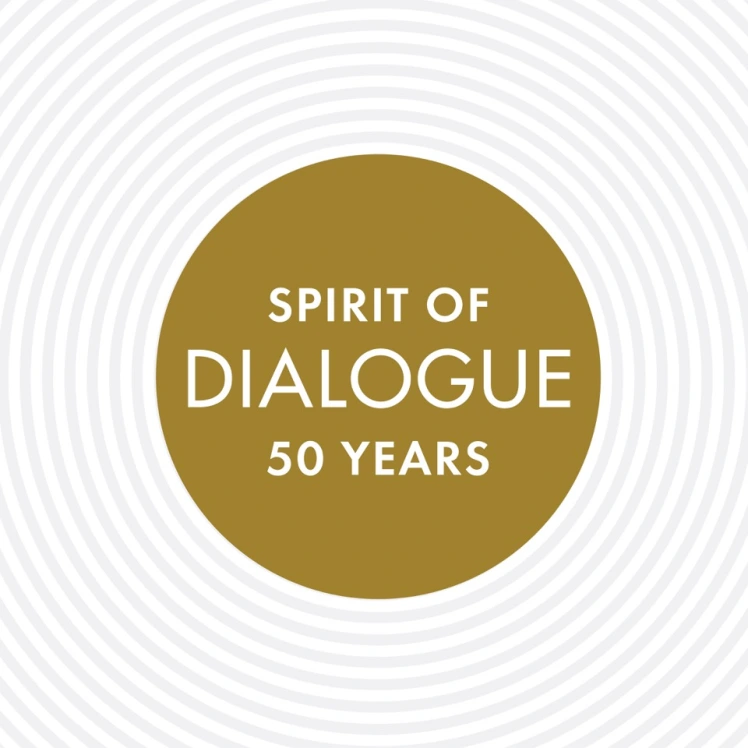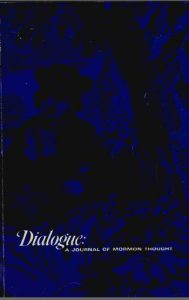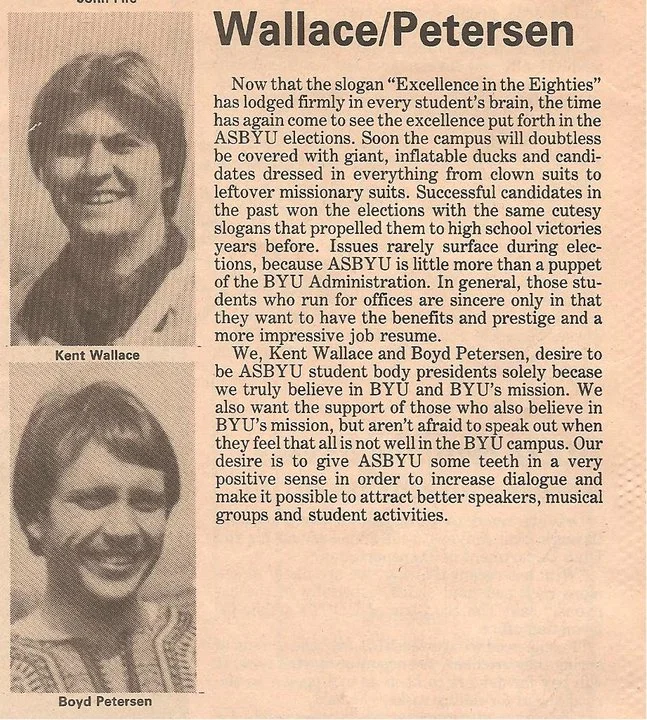Exponent Bloggers Celebrate Dialogue: A Journal Of Mormon Thought
September 16, 2016To honor this legendary Mormon publication, I’ve collected from various Exponent bloggers some thoughts about Dialogue‘s role in their lives and about Dialogue articles that have particularly impacted them. MayDialogue continue on for another 50 years… and many, many more after that.









